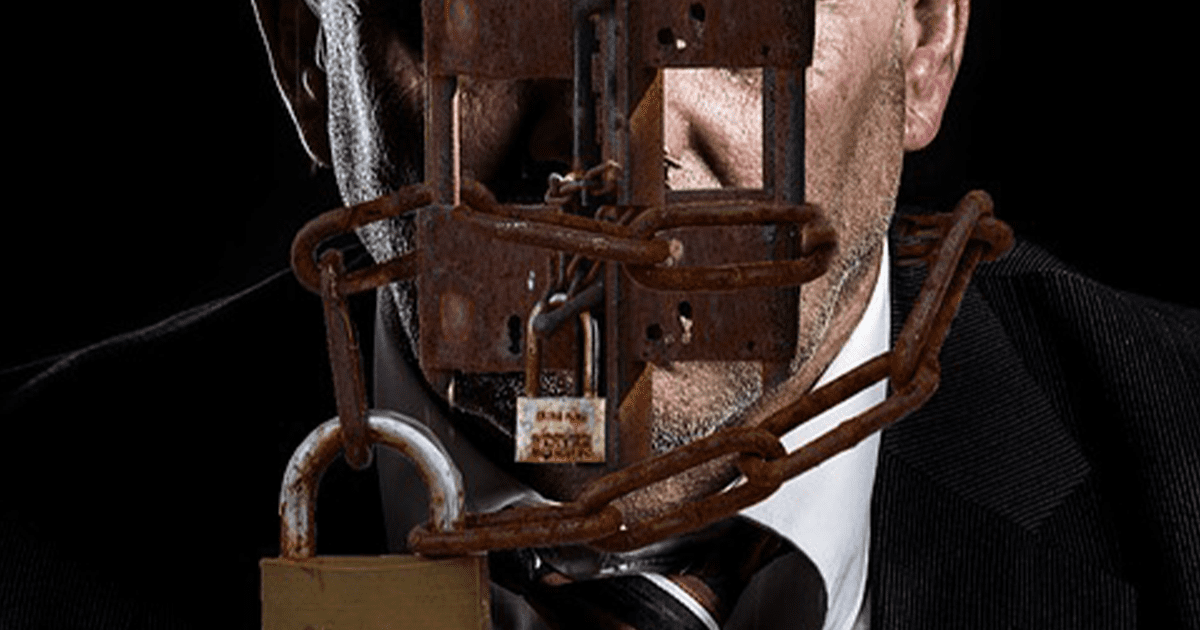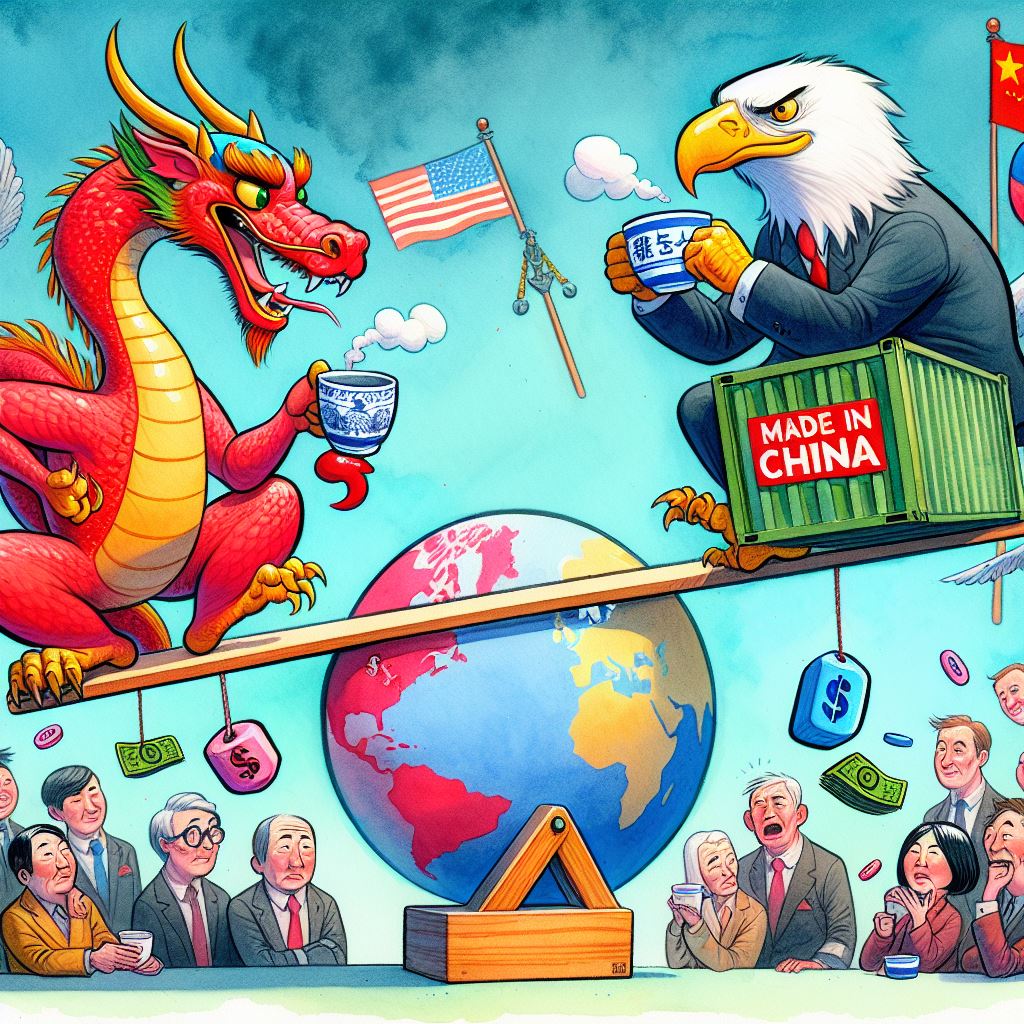Fraud Triangle identifies an indiscreet form of fraud that can happen under the very watch of business owners. Take, for instance, a general manager of a company may have the right mix of pressure (from internal or external parties), opportunity, and rationalization (of wrong-doing) to commit corporate fraud.
Read our previous article entitled “Is your General Manager stealing from you?” to understand more the intricacies of fraudsters’ dealings.
The concept of Fraud Triangle tells that it is not a random occurrence when a fraudster inside a company commits the crime. For fraud within to come to completion, the three elements mentioned above must be present. And with COVID-19 in place, opportunities are available to those who seek to cheat others.
The Fraud Triangle
The idea of the Fraud triangle came about in the 1950s through a doctorate dissertation by Donald R. Cressey. Since then, countless researchers have utilized it to explain the behavior of embezzlers and corporate fraudsters.
Cressey interviewed 200 convicted embezzlers and labeled them as “trust violators”. As the label name implies, these individuals were once trusted people in the company but they violated their position of trust. Even so, Cressey found that they tended to verbally justify their wrongdoings as fact and lawful.
Thus, Cressey designed the Fraud Triangle to explain all internal abuse of “financial trust position”. However, this excludes a case when the fraudster already has a preconceived plan of gaining trust before stealing from the enterprise.
Fraud Triangle is made up of three components namely:
- Pressure
- Opportunity
- Rationalization
These components may help businesses prevent future scams or fraud by knowing the purpose behind such acts and be able to stop them. Especially, fraudsters can make use of a crisis such as the COVID-19 to pave way for criminal activities. They never let a good crisis go to waste and take advantage of the confusion, diminishing workforce, and decreased face-to-face interaction. A typical example of this is a supplier payment fraud. The main objective of the criminal is to receive payment from the victim enterprise, creates a detour of sorts, thereby making the victim miss proper tender of payment to the rightful supplier.
The components of the Fraud Triangle: pressure, opportunity, and rationalization
Pressure
Pressure from outside forces, either personal financial pressure or from superiors (to perform better) may lead to fraud. When a trusted person cannot appreciate the path of achieving personal or work goals by honest means, he or she shifts to alternatives that are dishonest and usually illegal.
Some personal or external pressures
- Maintaining a certain lifestyle (or achieving one)
- Shortage of company revenue to achieve goals
- Pressure from banks to pay loans
- Gambling addictions, maintenance of drug or alcohol habits, irresponsible shopping habits, wrong or unsuccessful personal investments, etc.
Since January 2020, COVID-19 lockdowns have rendered businesses and individuals at a standstill thereby limiting economic activities. As a result, money had been hard to spend since most businesses were closed; and harder still to earn since a lot of people were forced to be out of work. These instances have created undoubted pressure on certain individuals that people in authority (business owners, government officials, managers, etc.) should watch out for.
Incentives that require better financial performance, high expectations from stakeholders despite the calamity at hand, and other currently difficult goals to achieve might impose additional pressure on management to fraudulently achieve these goals.
Opportunity
Inexistent or weak internal controls, lack of delegation of duties, inefficient system of checks and balances, etc. are all open opportunities for criminals to defraud a company. More than ever, the lack of technology to effectively manage and control the company remotely allows any fraudster to do what he or she does best. Safeguards such as the following would lessen the risk of fraud from within the company, especially during COVID-19 and what is now referred to as “the new normal”:
- Implement or strengthen internal controls over assets and company record keeping;
- Delegate duties and separate incompatible functions (e.g. disbursement and approval of checks); and
- Reinforce checks and balances and make sure to periodically review staff and management functions.
Read more about our previous article on the Importance of Internal Control in Accounting
Achieving transparency to counter fraud
It cannot be further emphasized how important transparency is within the company and let this be uniformly applied to the whole enterprise. Sure, employees should not be restricted from making professional judgments in their deals and transactions with a third party. But every business owner must strive to instill transparency among them.
By having transparency, company owners can minimize and prevent opportunities for fraud. This is where the powerful role of Cloud technologies comes in. Investing in Cloud-based systems to manage company operations remotely amid COVID-19 will boost control and transparency. Notwithstanding, its cost-efficiency in helping business owners and managers to achieve productivity and added value for the company.
Cloud-based management and accounting software such as Kwikdroid can offer various remote control functions to standardize, automate, and optimize all the daily operations of a company. Besides its multilayer of security, Kwikdroid enables managers and employees to perform all tasks in one single platform by integrating all company operations and customer’s information. Because of this, it becomes easier to detect when fraud is happening within the company.
Check out our Kwikdroid page to learn more about how it works and see the prices and packages we offer.
Rationalization
Justifying one’s actions is the backbone of rationalization. Many fraudsters do not think of themselves as criminals. Some, according to Cressey’s research, thought of themselves as doing a justified deed especially considering current crises. They may argue a good reason for committing fraud and feel justified to get “what is due to them”.
Having independent stakeholders and auditors such as governance boards, external and internal auditors, and highly involved business owners that continuously check for both errors and good practices could help correct the wrong notions.
Conclusion
Sitting in a position of trust within a company is a huge responsibility. However, some might be more inclined to legitimately keep that trust. Without the proper support and control over these positions, one might be able to abuse their power. It is important to safeguard the company against fraudsters of all forms by keeping internal controls strong and reliable and ensuring transparency within the organization. Furthermore, trust-worthy third-parties should independently make sure that the company is free from material mistakes due to error and/or fraud.
Contact us
S.J. Grand assists with evidence gathering and litigation support on a range of law enforcement issues including misappropriation, bribery, price-fixing, and false invoicing. We also offer proactive fraud risk analysis and staff training programs to build a workplace culture of fraud prevention. Contact us to avail of our special services.







